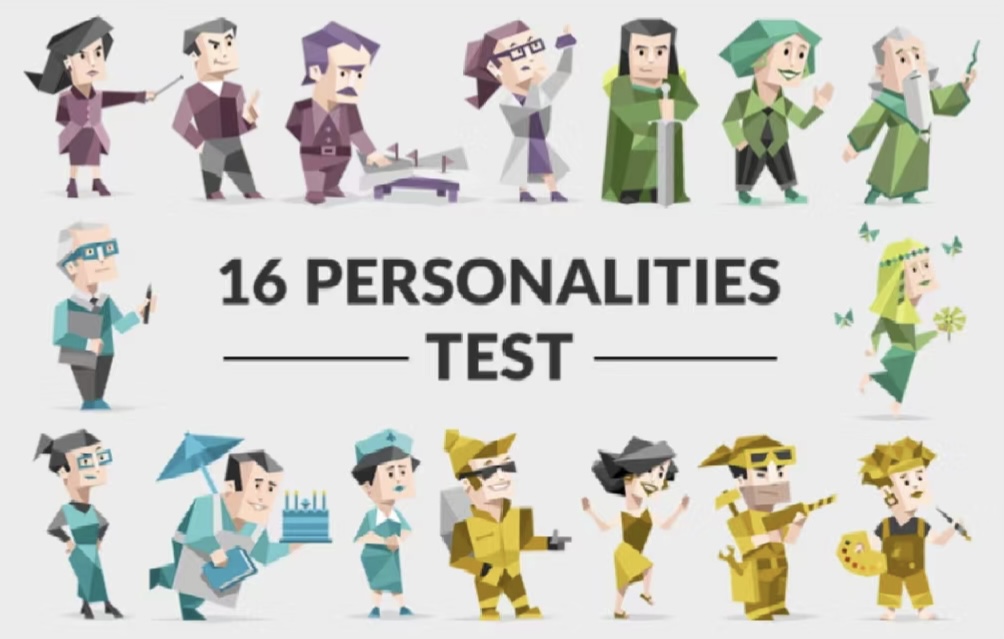
What is MBTI?
MBTI is a personality assessment that categorizes people into 16 type, based on 4 preference pairs: Extraversion/Introversion, Sensing/Intuition, Thinking/Feeling, and Judging/Perceiving. This is created from Carl Jung’s theories, MBTI is widely used for self-discovery and understand how people think, feel and interact. It has become a new way of socializing between young people. They take online quizzes and share their MBTI “type” online to connect with others.
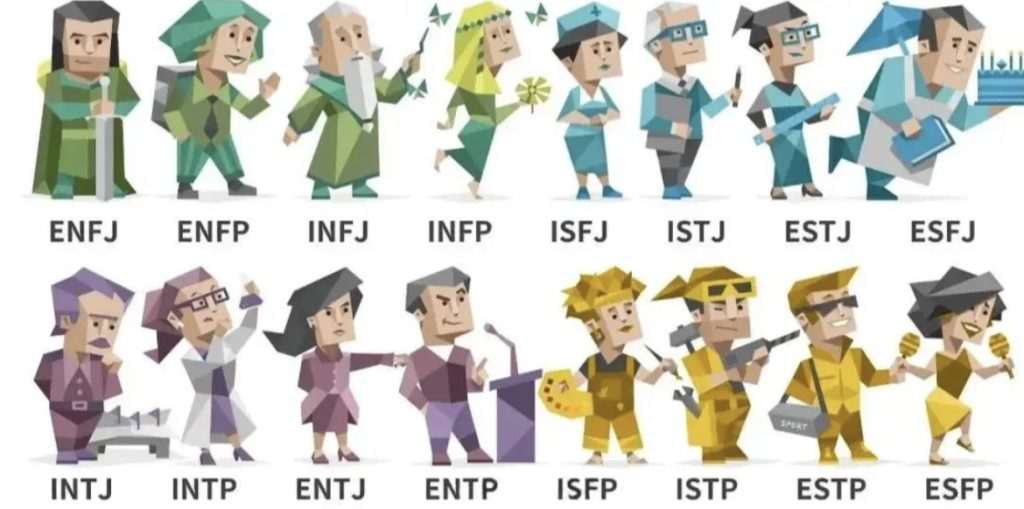
In today’s digital world, MBTI has become a cultural phenomenon especially among young people searching for their identity and meaning. Originally develop as a psychological test to classify personality types, MBTI has evolved into a trend that extends far beyond its initial purpose. From social media discussions to memes, we can see an underlying desire among young people for self-knowledge, belonging and stress relief.
By offering structured personality categories, MBTI provides a frame work for self-reflection, which many find comforting and validating. Rather than a vague sense of who they might be, MBTI offers specific, recognizable traits, allowing people to feel “seen” and understood. The human need for self-knowledge is particularly obvious in digital world, since social media, constant connectivity and information overload can make it difficult for individuals to anchor themselves. Yet, while MBTI appears to offer clarity, its limitations also reflect the narrow scope of such typologies. The MBTI’s four codes is absolutely fail ti capture the complexity of personality, which may result in a limited, rigid self-image. While the MBTI seems to encourage self-discovery, it risks reducing identity to a fixed, static framework.
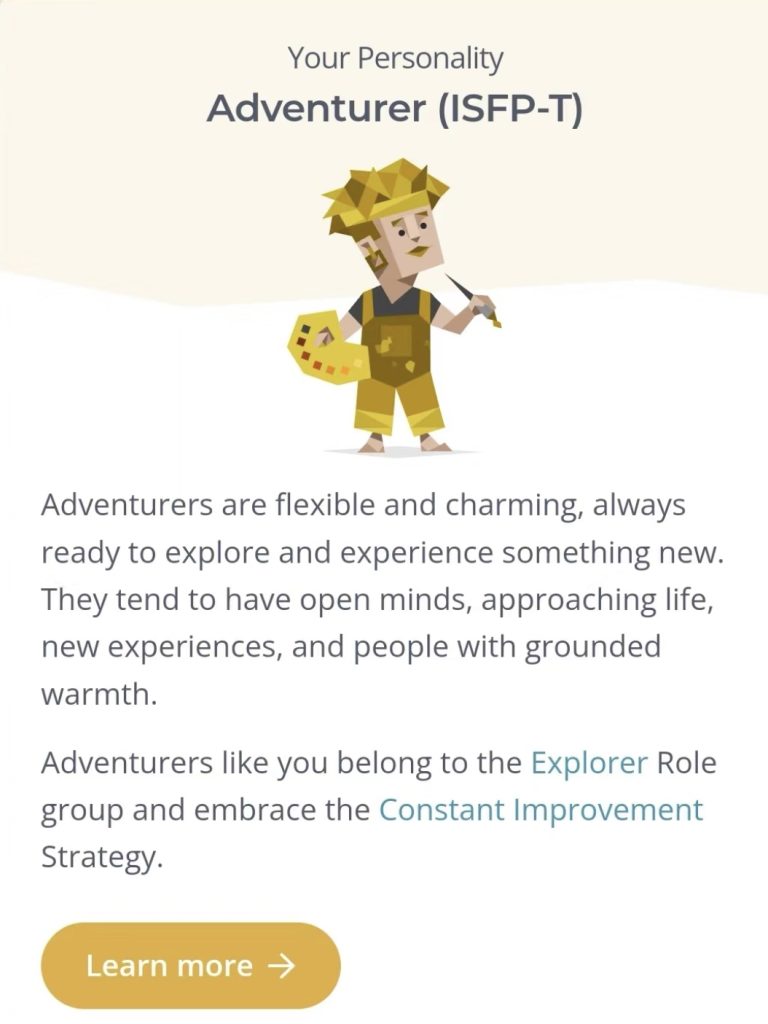
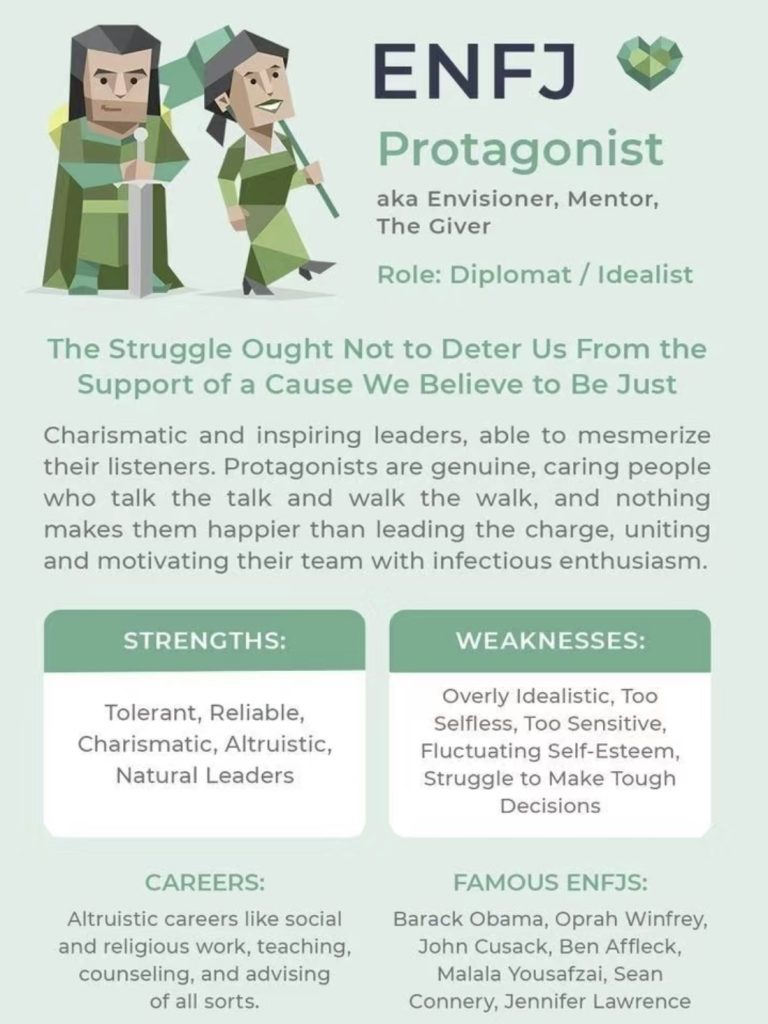
In addition to self-discovery, MBTI fosters a sense of belonging. Sharing MBTI type can feel like joining a community with shared values and personalities. This is especially appealing in digital spaces where physical distance is less relevant. MBTI allows people to bond quickly over perceived similarities without a deeper interaction. However, this sense of belonging also comes with drawbacks, as MBTI types can promote stereotypes and social labels. As Goffman observed in his Theory Of Self-Presentation, the labels individuals use to define themselves can shape how they are perceived by others. Identifying too strongly with an MBTI type can lead to stereotypes, both in how one views oneself and others. For example, labeling someone as “ENTJ” might create assumption about their assertiveness or leadership tendencies, overlooking the variability within that type or the individual’s capacity for change.
The digital world offers people a variety of tools for self-expressions, but the danger lies in mistaking specific “social label” for a definitive guide to identity. Although using MBTI as a means for social and self reflection can be constructive, having reliance on it can be harmful to personal growth and forms stereotypes. By remaining aware of these risks and embracing MBTI with a balance perspective, we can use it as one of many tools for self-expression. After all, the true self is far more complex and full of possibilities than a four-letter code.

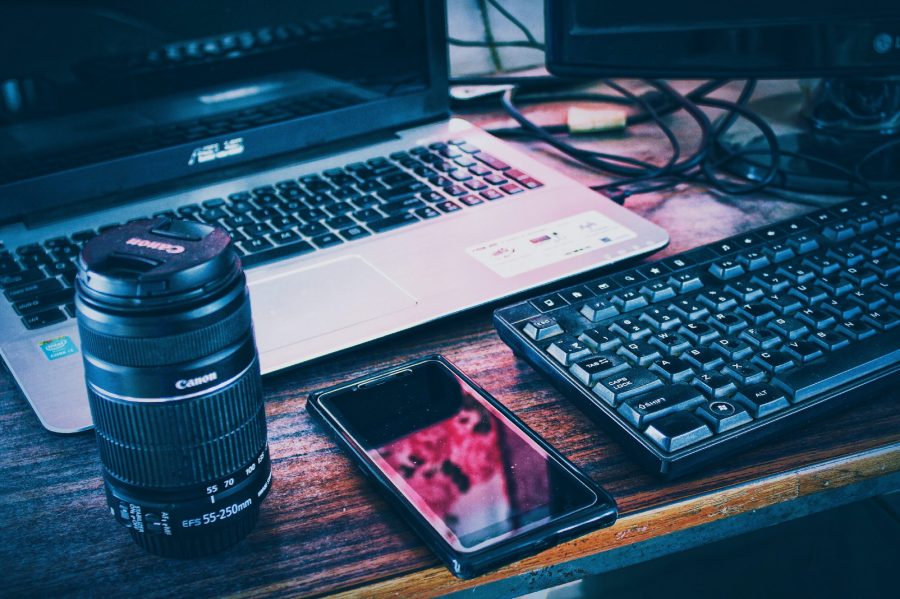

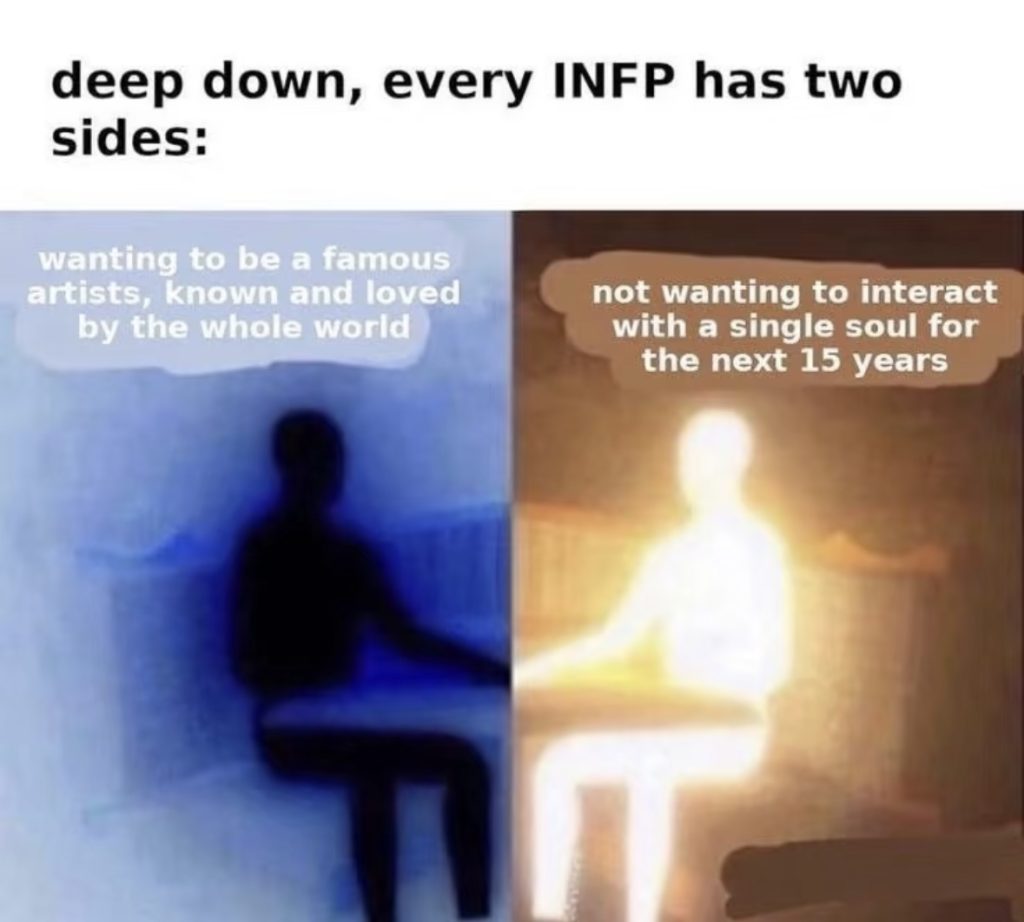


The blog delves into MBTI, which is now a cultural phenomenon among young people, and through social media, has become a way of self-exploration and socialising, providing young people with self-awareness and a sense of belonging. Second, while MBTI provides a framework for self-reflection and helps people find a sense of belonging, its limitations are also apparent: reducing personality to a four-letter code may lead to oversimplified self-perceptions and even the formation of stereotypical labels. Over-reliance on the MBTI tends to mask the diversity and variability of individuals. I think the MBTI is positive as a tool for self-expression, but we need to be wary of its limitations and see it as part of the exploration of the self, not all of it.
Hi Xier, I was drawn in by your title, and I think the topic of MBTI is particularly relevant to digital identity. I think MBTI is just like horoscope, some people are keen to “label” themselves. Of course, MBTI has some scientific basis and can distinguish people’s personality in general, for example, when recruiting employees in a company, it is still useful to know the interviewer’s MBTI. I think your blog is well-written with a scientific and critical approach. The accompanying pictures are also interesting and I hope to see more designs in your blog next time.💕